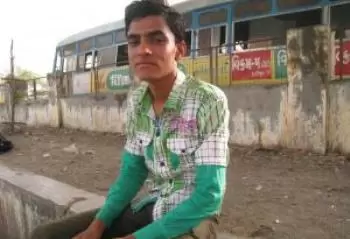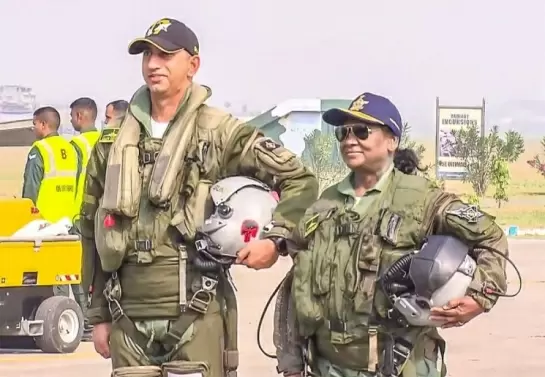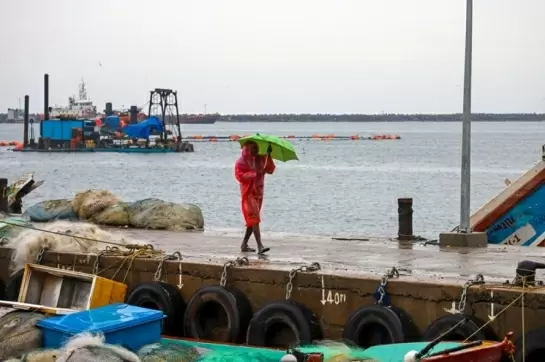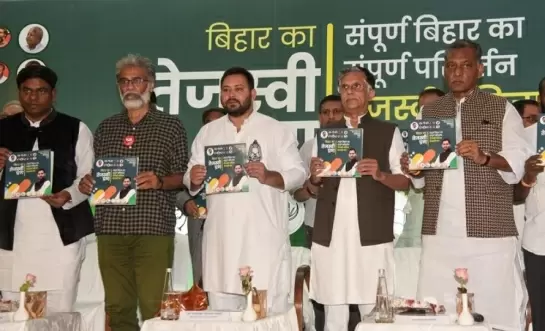Village youth’s relentless campaign brings fair price shops in Gujarat under RTI Act
02-August-2012
Vol 3 | Issue 30
At first glance Bhadresh Wamja looks like any other college-going kid wearing bright T- shirts and zooming around on a bike. It's tough to believe that efforts by this 19-year-old forced all fair price shops in Gujarat come under the ambit of the RTI Act, making them liable to display information related to supply and distribution of ration.
It was in January last year that Bhadresh, a resident of Saldi village in Amreli district of Gujarat, got to know from a friend that the fair price shop operating from his village was not distributing ration.
 |
|
Bhadresh chose to fight despite receiving threats (Photo: GOI Monitor)
|
“Further inquiry revealed that none of the BPL and APL ration card holders were getting the allocations and the shopkeeper was selling the supplies in black. When questioned, the shopkeeper claimed that no supply had come from the government's end,” Bhadresh says.
Though not a ration card holder, he decided to take up the cudgels for the whole village and wrote a complaint to the taluka mamladar (tehsildar) jointly signed by 13 ration card holders.
On getting no response from the authorities, Bhadresh filed his first RTI on February 11, 2011, with the tehsildar seeking detailed information of last six months regarding the supply of ration and distribution to beneficiaries.
Though tehsildar asked the shopkeeper to disclose the details, only partial information was given. Bhadresh filed another RTI asking for the action taken on the joint complaint filed by him and 13 beneficiaries.
“After this, the tehsildar promised to inspect the shop soon. However, by then, the shopkeeper removed the available stock from his shop. When the inspection team came, it was confirmed that none of the 13 beneficiary complainants had got the allocated ration from the shop except kerosene. The officials also issued a panchnama with details about the stock available in the shop,” Bhadresh says.
It was also found that most members of the verification committee of the village, which is supposed to certify supply of the stock, were not even aware that they were in the committee. The two members, who used to verify the arrival of stock, were allegedly hand-in-glove with the shopkeeper.
Though it was expected that strict action would be taken for the glaring irregularities, no progress was evident. When asked, the tehsildar told Bhadresh that the inquiry report had been sent to the District Supply Officer (DSO).
On March 1, Bhadresh filed another RTI, this time with the DSO, seeking a certified copy of the report and the date by which the complainants will receive their allocations. However, as the nexus between officials and corrupt dealers go, the accused shopkeeper got to know that the case is being pursued with the higher authorities and he decided to take action.
Soon Bhadresh got a phone call from his uncle that the shopkeeper had threatened of dire consequences if further investigations were made into the issue. He also tried to lure the other 13 complainants to testify against Bhadresh. Luckily, they did not budge from their stand.
But on learning about the threat, Bhadresh's parents told him to leave the matter and focus on his studies.
“It was a very difficult time as it seemed like I was alone in this fight. Then a saying I had heard somewhere came to me 'The real youth is one who finishes a task once taken up',” Bhadresh recalls.
He decided to contact Pankti Jog of Mahiti Adhikar Gujarat Pahel (MAGP), which runs a helpline for whistle blowers. Jog asked him to fax his complaint, which was sent to the state information commission and further forwarded to the area DSP for quick action.
Next day, Bhadresh contacted the local police station which hauled up the shopkeeper and asked to give in writing that he won't trouble Bhadresh. Also, an inquiry was ordered against the shopkeeper by the DSO.
Immediately after that, the shopkeeper started supplying regular ration to the villagers and Bhadresh is now guiding other villagers in taking up public causes around social welfare schemes.
By arrangement with GOI Monitor















